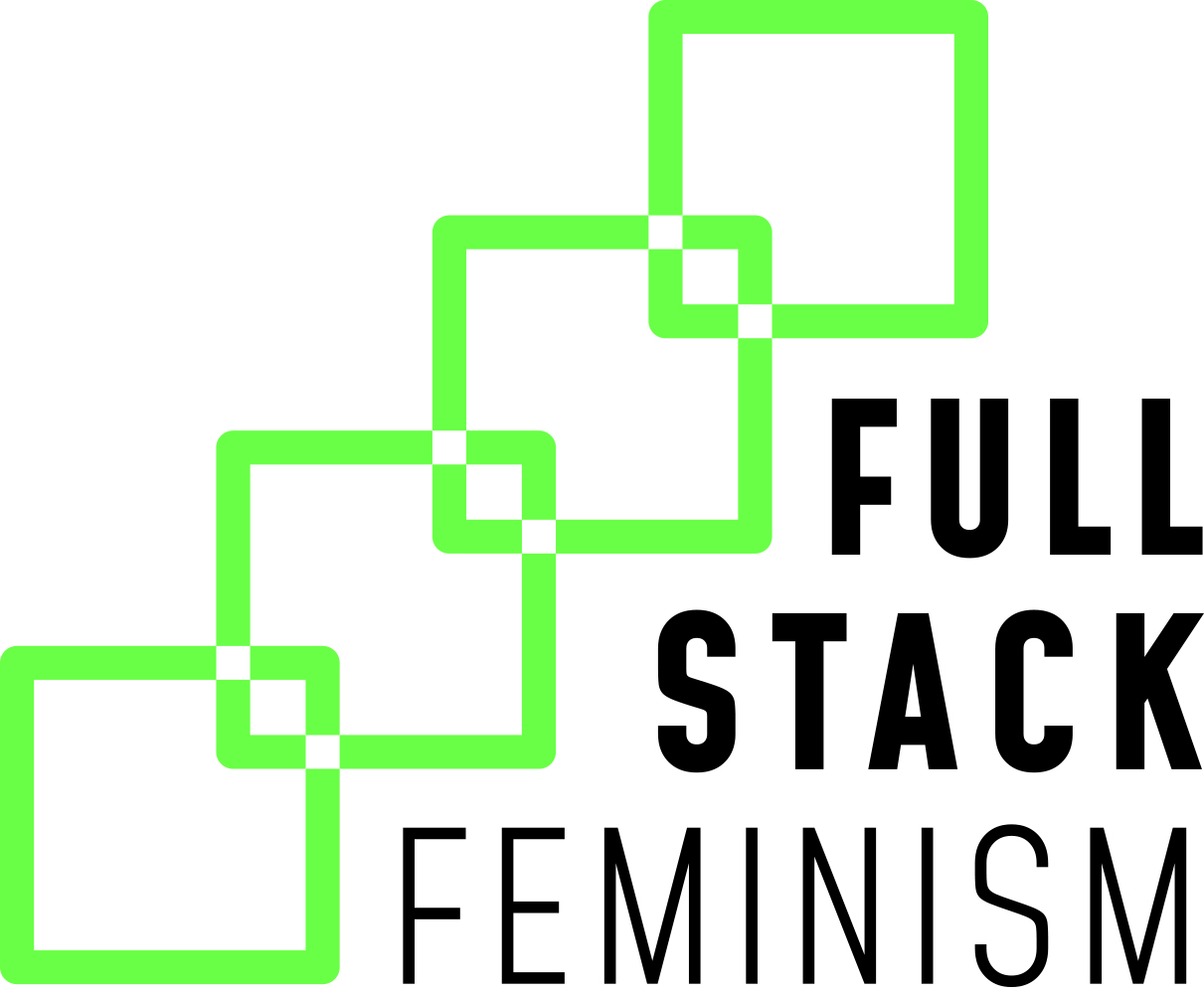Listen Back Notice
All IMMA Talks are recorded and the vast majority are made available on our Soundcloud page, an incredible free resource where you can hear directly from artists, curators and leading thinkers on the themes behind the work we present. We are in the process of transferring our Soundcloud archive to this new site, but in the meantime you can visit our full archive on Soundcloud, or search this site for transferred media below.
The aim of the Full Stack Feminism in Digital Humanities project is to enact intersectional feminism across the ‘Full Stack’ of digital development: addressing how inequality is reproduced from the level of code to the level of representation.
As part of the collaborative actions of the Full Stack Feminism project, this talk brings together artists to consider one of the project’s main research questions which concerns the opportunities and challenges of decentering traditional voices in digital art and humanities. We explore this critical question through the practices of our invited speakers: Yarli Allison (interdisciplinary artist), Lauren Kelly (performance-based artist with a socially engaged practice) Roibí O’Rua (multimedia artist and self-proclaimed popstar) alongside discussion chair Laurence Hill (digital art curator and doctoral researcher on curatorial activism).
The event comprises artists’ presentations and a moderated panel discussion, which will open out to consider the wider ecology of the digital arts and humanities within and against which this event takes place. Jeneen Naji, Principal Investigator of the Full Stack Feminism in Digital Humanities research project, and associate Professor in Digital Media, Maynooth University will introduce this two-year collaborative project that brings together artists, communities, coders, archivists, and scholars, to develop digital objects, interfaces, archives, and tools that can work to amplify marginalised voices.
This talk is presented as part of IMMA Outdoors where this summer IMMA opens the grounds of the RHK on Thursday evenings until 8.30pm, with a series of free events that includes talks, music, yoga, workshops and more.
Listen Back
IMMA and Full Stack Feminism in Digital Humanities present a discussion that explores digital art practice through an intersectional lens. Artists Yarli Allison, Lauren Kelly, and Roibí O’Rua will address the opportunities afforded by decentering traditional voices, practices and histories in digital art and humanities.
Live Stream
Supporters


